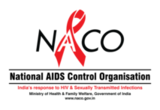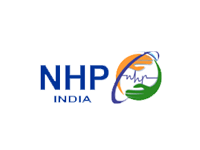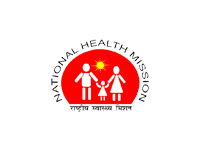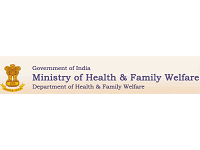Sexually transmitted infections (STI) rank among the top five conditions for which sexually active adults seek health care in the developing countries. As per the community based STI/RTI prevalence study (2003), over 6% of the adult population in India suffers from one or the other STI/RTI episode annually. There is enough evidence to suggest that early diagnosis, treatment and management of STI/RTI including inducing behavior change through education amongst the target groups will reduce transmission of STI/RTI and HIV (Lancet 1995; 346:530-536). Failure to diagnose and treat STI/RTI at an early stage in women of reproductive age group may result in serious complications and consequences, including infertility, fetal wastage, ectopic pregnancy, ano-genital cancer and premature death, as well as neonatal and infant infections. Presence of a STI/RTI in the sexual partner increases the risk of acquisition of HIV from an infected partner by 8-10 fold Effective control of STI/RTI is a strong and most cost effective strategy for reducing/preventing transmission of HIV.
Control of STI/RTI is an important component of the NACP; during NACP IV, the programme aimed to provide universal, comprehensive and standardized quality STI/RTI services at all health care facilities to all population groups with special emphasis on HRG population and vulnerable groups, including women and adolescents through convergence with NHM and by involvement of private sector.
NACO through its network of 1160 designated STI/RTI clinics (situated at government health care facilities at district level and above) is providing free standardized STI/RTI services. These clinics have been branded as “Suraksha Clinics” and provide sexual & reproductive health services. Standardized training to the medical and paramedical personnel based on syndromic case management approach is being provided and counseling services from trained counselors are made available at these clinics. Colour coded syndromic drug kits and RPR test kits are being centrally procured and supplied to these clinics.
Laboratory support for STI/RTI has been strengthened through a network of 10 regional STI Laboratories and 45 state reference centre. The function of these centres are to provide validation of Syndromic case management by doing etiologic testing, antibiotic susceptibility testing for Gonococci, EQAS for syphilis and conduct operations research providing evidence to the programme.
STI/RTI services are also being expanded though effective integration with the RCH-II programme, NACO and RCH division have jointly drafted technical guidelines on management of STI/RTI so as to ensure uniformity of service delivery across all facilities. Private sector has been meaningfully involved through identification of 3400 preferred private providers to give services to the high risk group population served through TI projects.
India accounts to about 30 million pregnancy annually; there are many adverse outcomes due to maternal syphilis like spontaneous abortion, still birth, low birth weight, congenital syphilis and even neonatal mortality. Congenital syphilis is a serious but preventable disease, which can be eliminated proactively through effective screening of all pregnant women for syphilis and treatment of those infected, including their partner and newborn. NACO and NHM have launched a concerted programme on Elimination of Parent to Child Transmission of Congenital Syphilis.
| 1 | Training modules | More |
| 2 | Job aids | More | 3 | List of TRG Centres | Download(699 KB) |
| 4 | Statewise list of Suraksha Clinics | Download(313 KB) |
| 5 | State wise list of STI resource faculty | Download(57.1 KB) |
| 6 | Logo of suraksha clinic | More |
| 7 | Picture of drug kits | More |
| 8 | Guidelines | More |
| 9 | Audio / Video | More |
| 10 | Publications | More |

























